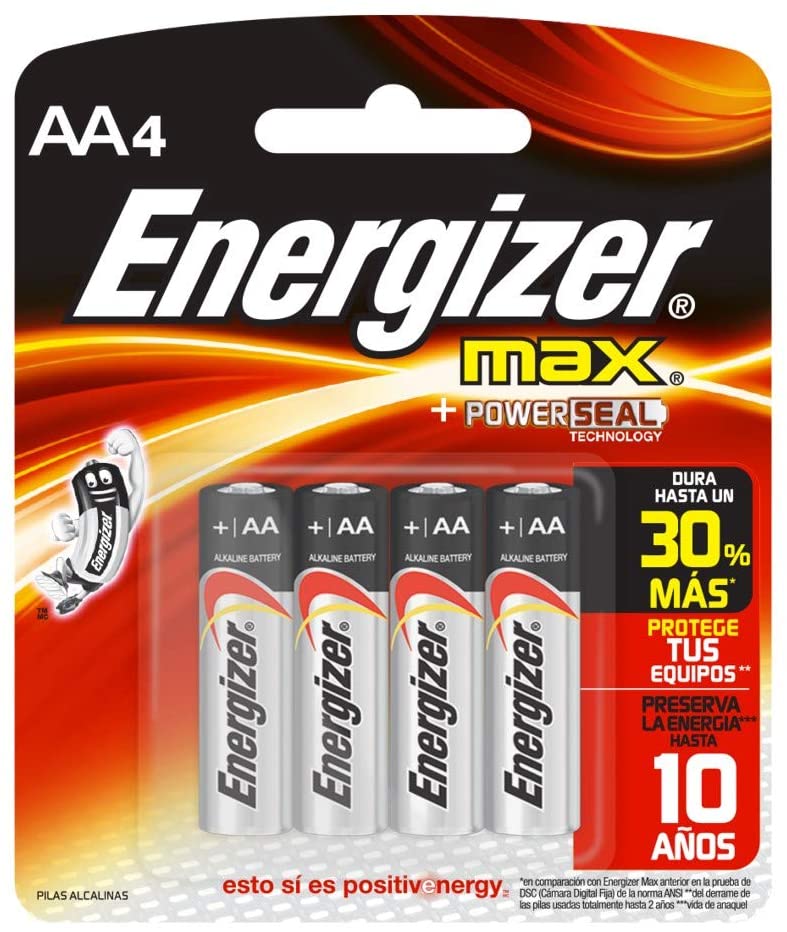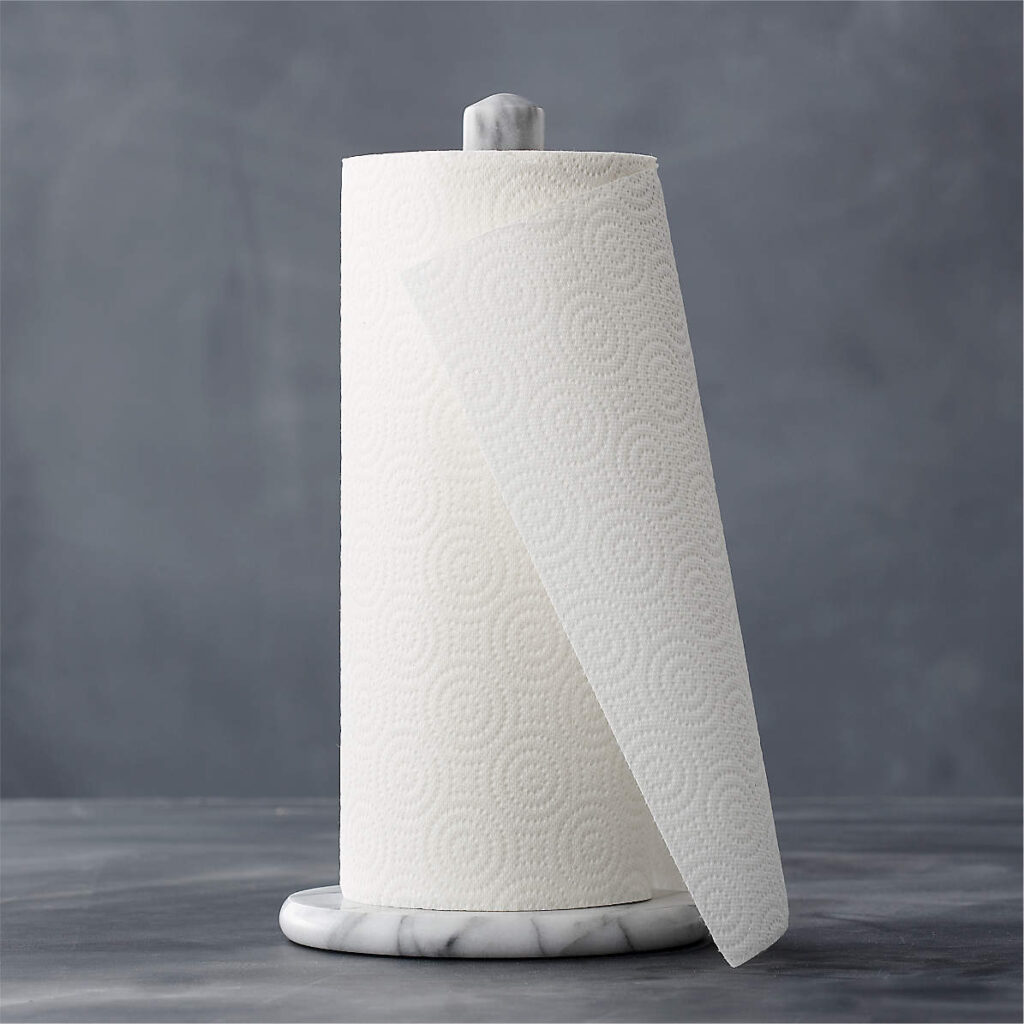Smart light bulbs have become increasingly popular in recent years due to their energy efficiency benefits. By using advanced technology, these light bulbs can significantly reduce energy consumption while still providing adequate lighting. In this article, we will explore the importance of energy efficiency, how smart light bulbs enhance it, and review some of the top-rated options available on the market. Furthermore, we will delve into the role of smart light bulbs in reducing overall energy consumption and discuss the future of energy efficiency with these innovative devices.
Understanding Energy Efficiency in Lighting
The Importance of Energy Efficiency
Energy efficiency is crucial for both environmental and economic reasons. As resources become scarcer and electricity prices rise, finding ways to reduce energy consumption has become imperative. Traditional incandescent bulbs, for example, are notorious for their inefficiency, as they waste a large portion of energy by converting it into heat rather than light.
Energy-efficient lighting, on the other hand, utilizes technology that maximizes the conversion of electricity to light, minimizing wasted energy. This not only helps to conserve resources but also reduces energy costs, making it an attractive option for homeowners and businesses alike.
How Smart Light Bulbs Enhance Energy Efficiency
Smart light bulbs take energy efficiency to a whole new level. These bulbs are designed to be connected to Wi-Fi or Bluetooth networks, allowing users to control them remotely through their smartphones or other smart devices. By leveraging this connectivity, smart light bulbs offer various features that contribute to energy savings.
One key feature is the ability to schedule lighting operations. Users can program their smart bulbs to turn on or off at specific times, ensuring that lights are not left on unnecessarily. Additionally, some smart bulbs have motion sensors that automatically detect when a room is unoccupied and turn off the lights, further reducing energy consumption.
Furthermore, smart light bulbs often come equipped with dimming capabilities. By adjusting the brightness levels, users can customize the lighting to their preference and reduce energy usage accordingly. This flexibility allows for optimal energy efficiency without compromising the quality of illumination.
Top-Rated Smart Light Bulbs for Energy Efficiency
Features to Consider When Choosing Smart Light Bulbs
When selecting smart light bulbs, there are several factors to consider that can enhance energy efficiency. Firstly, it is essential to look for bulbs that have earned an Energy Star rating. This certification ensures that the bulbs meet strict energy-saving standards set by the Environmental Protection Agency (EPA). Additionally, bulbs with a high lumens-per-watt (LPW) ratio are more efficient as they produce more light for each watt consumed.
Another important feature to look out for is compatibility with smart home platforms such as Amazon Alexa, Google Assistant, or Apple HomeKit. Integration with these systems allows for seamless control and automation, enabling users to easily incorporate their lighting into a holistic smart home setup.
Review of the Best Smart Light Bulbs for Energy Efficiency
Let’s take a look at some of the top-rated smart light bulbs known for their energy efficiency:
- Philips Hue LED Bulbs: The Philips Hue line offers a range of LED bulbs that are highly energy-efficient. With options for white light, color changing, and even outdoor lighting, the Hue range combines versatility with excellent energy savings.
- LIFX Smart Bulbs: LIFX bulbs provide vibrant colors and high-quality illumination while maintaining energy efficiency. With easy integration into various smart home platforms, they offer both efficiency and convenience.
- Sengled Element Plus Bulb: This bulb is designed to consume less energy while providing bright, efficient lighting. With support for voice control and home automation systems, it is an excellent choice for energy-conscious users.
The Role of Smart Light Bulbs in Reducing Energy Consumption
The Technology Behind Smart Light Bulbs
Smart light bulbs utilize advanced technology to optimize energy consumption. They typically employ LED (Light Emitting Diode) technology, which is far more energy-efficient than traditional incandescent or fluorescent bulbs. LEDs generate light by passing an electric current through a semiconductor, resulting in minimal energy wastage through heat.
Furthermore, smart bulbs often feature microcontrollers that allow for wireless connectivity and control. These microcontrollers enable the bulbs to communicate with other devices for seamless integration into smart home ecosystems, resulting in even greater energy savings.
How Smart Light Bulbs Contribute to Energy Savings
The primary way smart light bulbs contribute to energy savings is through their intelligent control features. By allowing users to remotely monitor and adjust lighting operations, these bulbs prevent unnecessary energy consumption.
For instance, users can turn off lights in unoccupied rooms without physically being present, eliminating energy wastage. Additionally, automated scheduling and motion sensors ensure that lights are only active when needed, further reducing unnecessary usage. These features are especially beneficial in commercial settings where large areas need consistent but efficient lighting.
The Future of Energy Efficiency with Smart Light Bulbs
Innovations in Smart Lighting Technology
The field of smart lighting continues to evolve, and technological advancements promise even greater energy efficiency in the future. One notable innovation is the integration of sensors that can adjust lighting intensity based on natural light levels or occupancy. This ensures that light is only provided when necessary, optimizing both energy consumption and user comfort.
Another exciting development is the emergence of smart light bulbs with built-in energy monitoring capabilities. These bulbs can provide real-time data on energy usage, allowing users to identify areas for further optimization and make informed decisions regarding their lighting needs.
Predicted Trends in Energy-Efficient Lighting
As energy efficiency becomes increasingly important, we can expect to see several trends in the realm of smart light bulbs. For instance, further integration with smart home ecosystems will allow for seamless synchronization between lighting, climate control, and other connected devices, resulting in optimal energy usage throughout the home.
Additionally, advancements in machine learning and artificial intelligence will enable the development of smarter lighting algorithms. These algorithms would continuously analyze data from sensors to fine-tune energy consumption, providing personalized lighting solutions that maximize efficiency.
In conclusion, smart light bulbs offer significant energy efficiency benefits compared to traditional lighting options. By leveraging innovative technology and control features, these bulbs allow users to customize and optimize their lighting while reducing energy consumption. With a wide range of top-rated options available, consumers have ample choices for transforming their homes or businesses into energy-efficient spaces. As the field continues to advance, we can look forward to even greater levels of innovation and efficiency in smart lighting technology.



